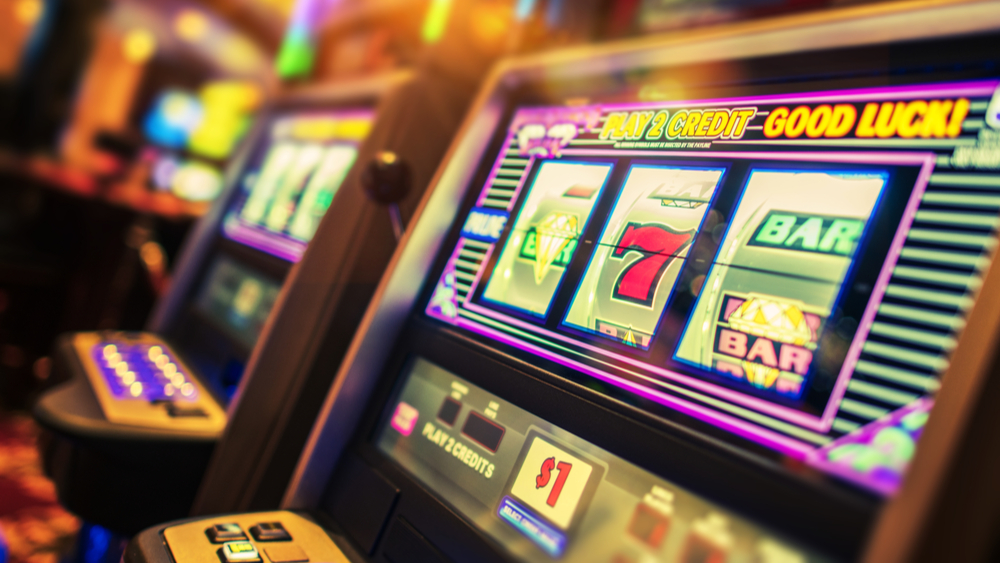Groupe Partouche aims to increase its slot machines to 500 following the unanimous approval from the municipal council of Saint-Amand les Eaux for the continuation of the licence to operate the city’s casinos for a further 20 years.
As part of the licence continuation, Partouche will apply for an operating licence allowing for the maximum allotted machines of 500, instead of its current 270.
The continuation of the licence was labelled as ‘unsurprising choice’ for elected officials as Partouche was the only operator to have applied, with the Belgian company of the Grand Casino de Dinant, which had cancelled the previous procedure, noted through a letter to the municipality that it would submit an offer.
Following the approval, Groupe Partouche has committed to invest Є26.7m to expand the current casino, which was built in 2004. As part of the expansion, the restaurant will be moved to the entrance of the establishment, with a partially covered terrace and an improved offer. Additionally, the gaming floor will also be enlarged, the surface area of the two reception rooms doubled and an outdoor terrace built.
In January 2020, the previous concession was cancelled by the summary judge of the administrative court of Lille, who ruled in favour of the Grand Casino de Dinant from the DR Gaming Technology group – feeling that he had not been sufficiently informed of the extent of the needs of the municipality.
The mayor of Saint-Amand les Eaux, Alain Bocquet is now waiting for the date of June 30, which will mark the end of possible appeals against the new specifications.
Earlier this month, Groupe Partouche reported a 58.4 per cent drop in turnover to €23.6m (2020: €56.9m), during the company’s second quarter, which the operator noted was due to ongoing closures of its land-based gaming properties.
















